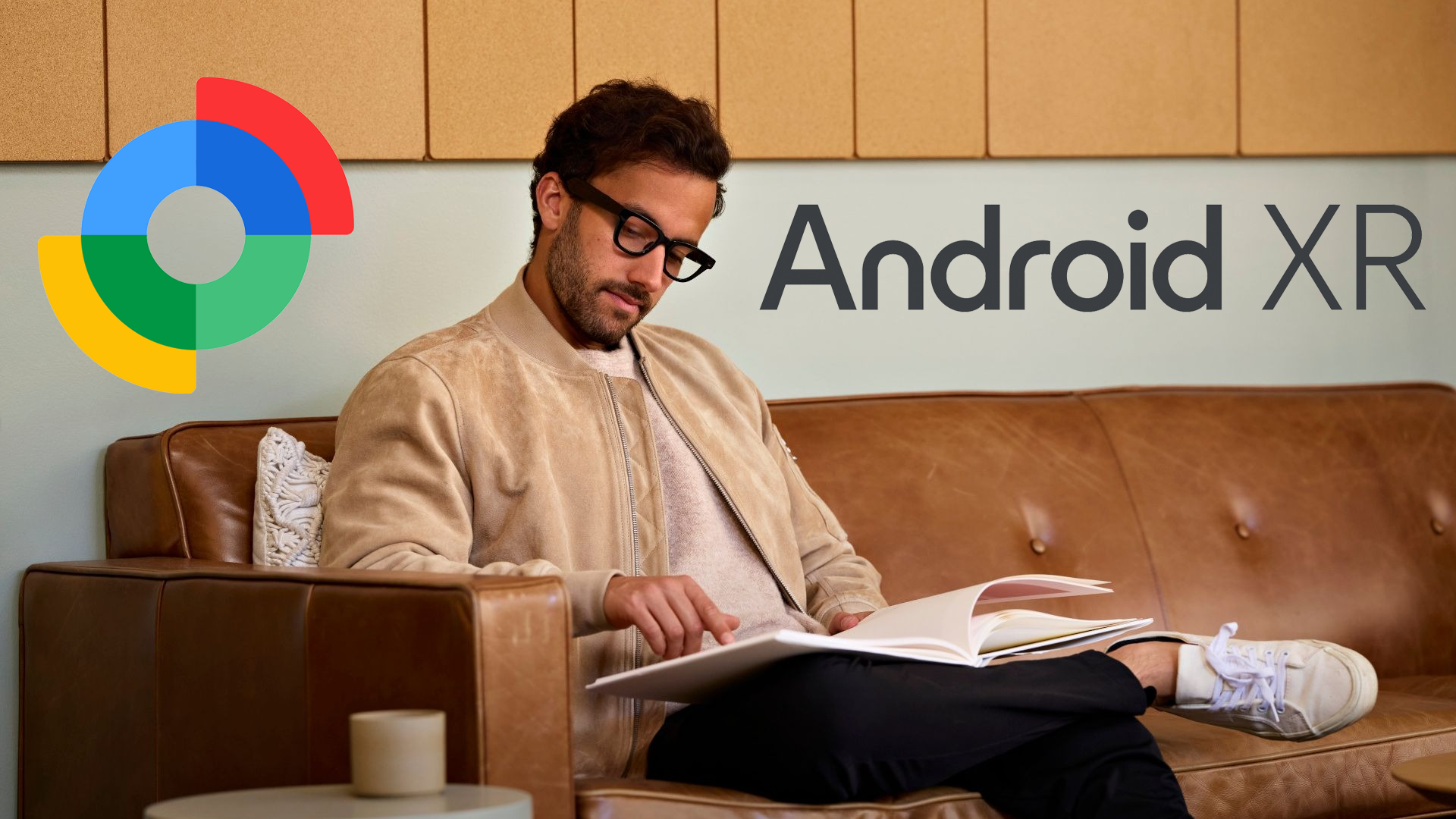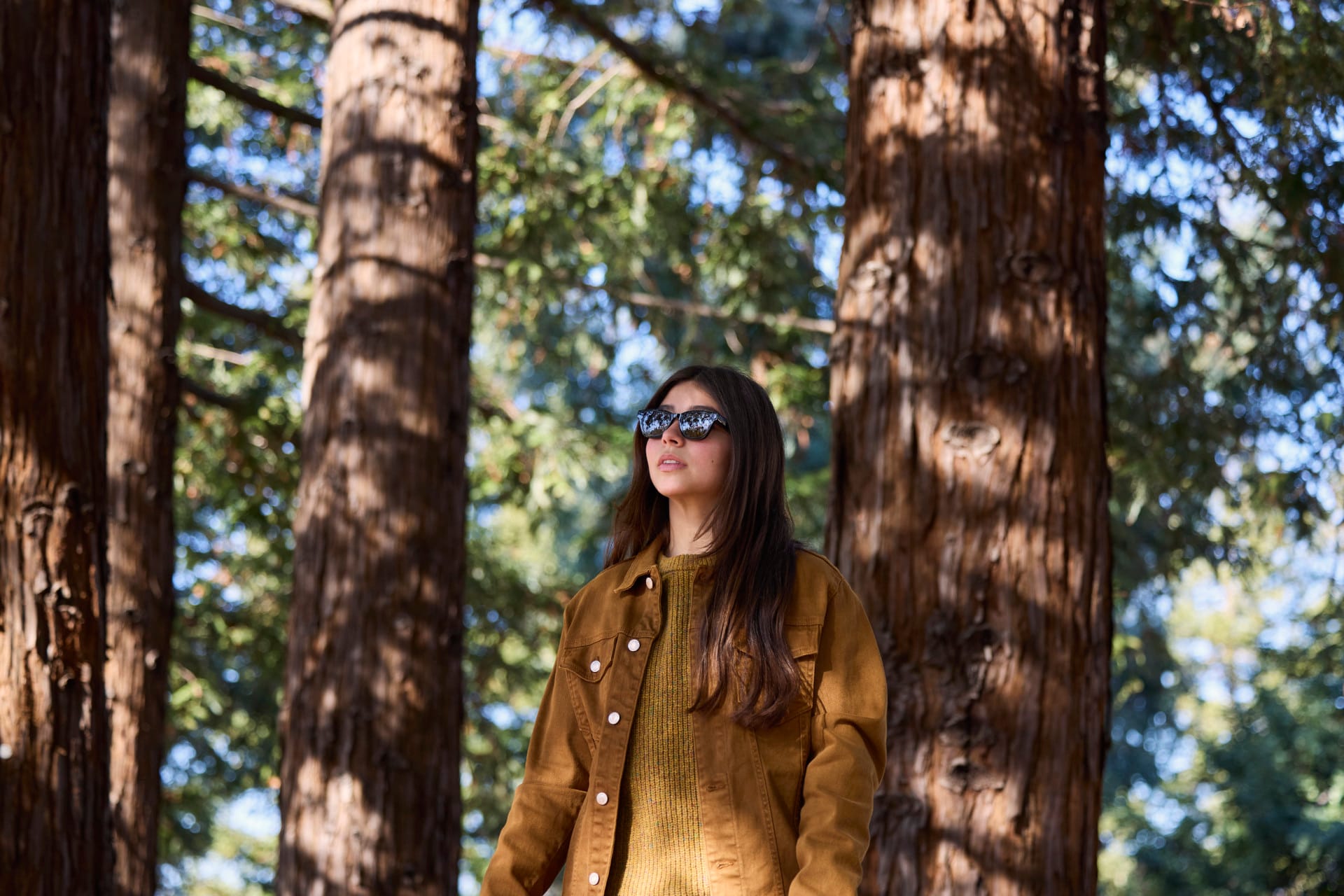Shahram Izadi, the VP & GM of AR/XR at Google, broke the news about Find My Device support during an interview about Android XR with Android Faithful.


Last week, Google unveiled Android XR, a new version of the Android operating system that's designed from the ground up for XR headsets and smart glasses. It's the first new Android vertical since Android Automotive was introduced in 2017, so we at Android Faithful were really excited about the announcement. Although Google isn't ready to share all the details on Android XR just yet, the company's VP and GM of AR/XR, Shahram Izadi, revealed one feature we can look forward to: Find My Device support.
Before the interview, I asked my social media followers if they had any questions about Android XR. One question I got was whether the new OS will support Find My Device. Given that items like sunglasses, which are not worn continuously, are often misplaced, it's a logical concern for similarly sized Android XR glasses. In response, Izadi confirmed that Google is planning to support Find My Device for Android XR devices and that the company will share more details soon.

He went on to state that more Android capabilities that we know and love, especially those under the "Better Together" umbrella of features, will be supported by Android XR. Although he stopped short of confirming which "Better Together" features will be included in Android XR, we believe Quick Share is a strong contender as it'll enable seamless file transfers between phones and headsets. We also suspect features like Family Link and multi-user support could be supported, though this is not yet confirmed.
Find My Device support wasn't the only thing we discussed during our interview, of course. During our interview, Izadi also dove deep into the "split-compute configuration" of Android XR for smart glasses, how the new OS optimizes battery life, teased how Gemini will be able to control apps, shared why hardware vendors should choose Android XR, and explained why people should have confidence in Android XR sticking around.
You can catch our full 30 minute interview with Izadi on YouTube, Spotify, PocketCasts, and all the other platforms where we publish our podcast. For your convenience, I've embedded the YouTube upload of episode 75 of the Android Faithful podcast below and configured it to start at the beginning of our interview.
Lastly, here are the questions that we asked Izadi during our interview: